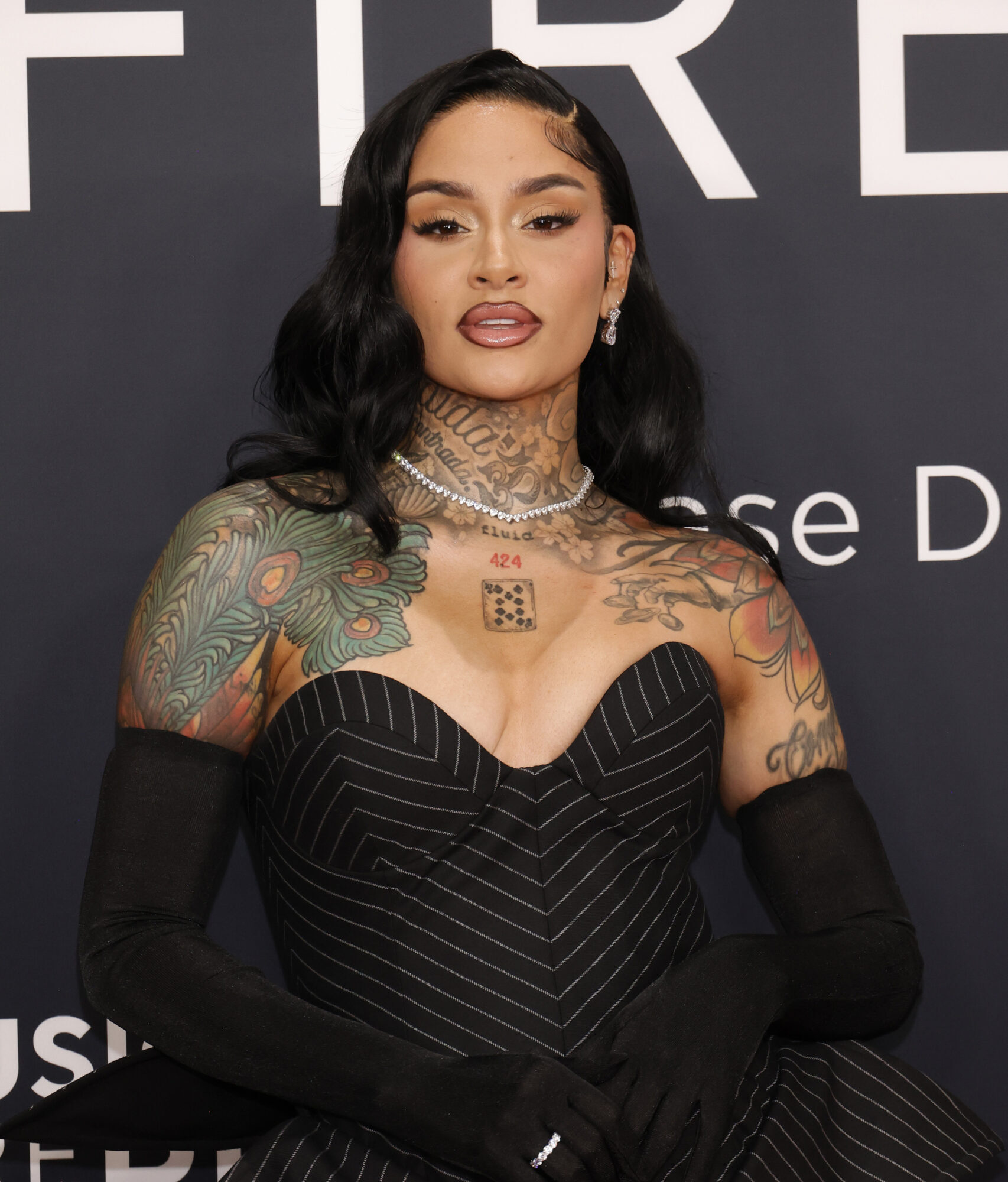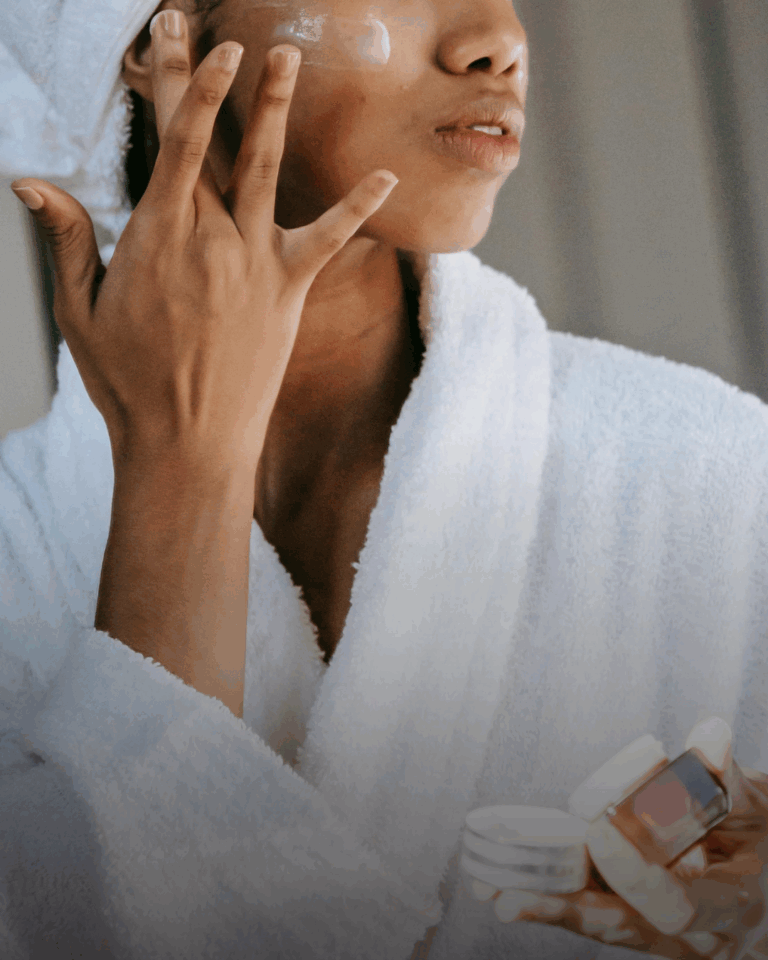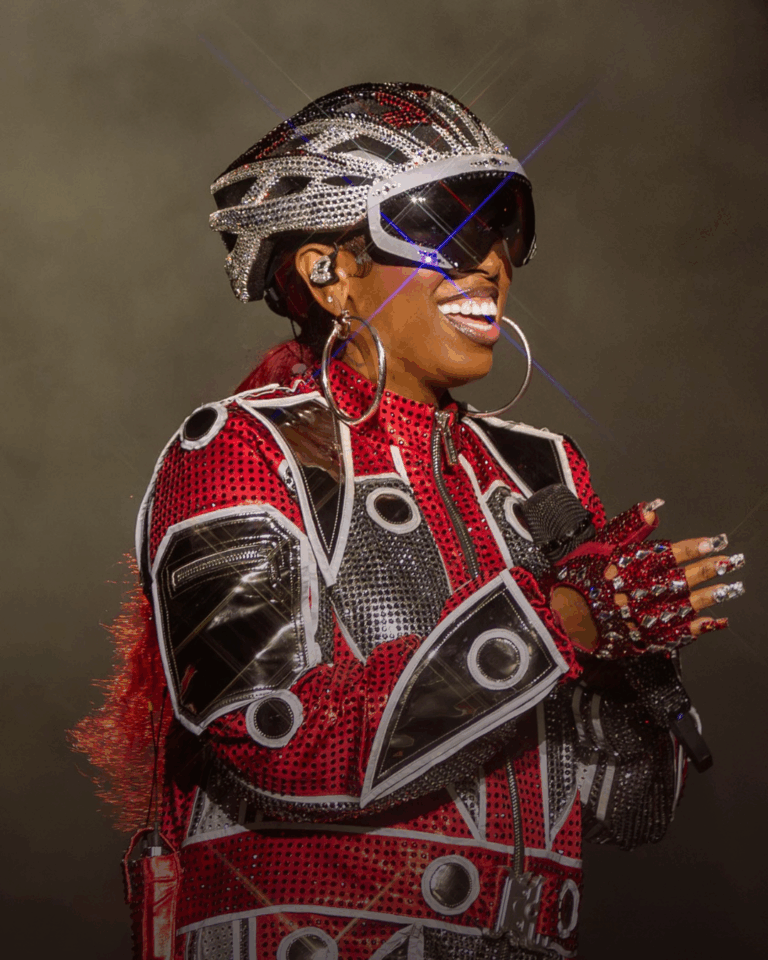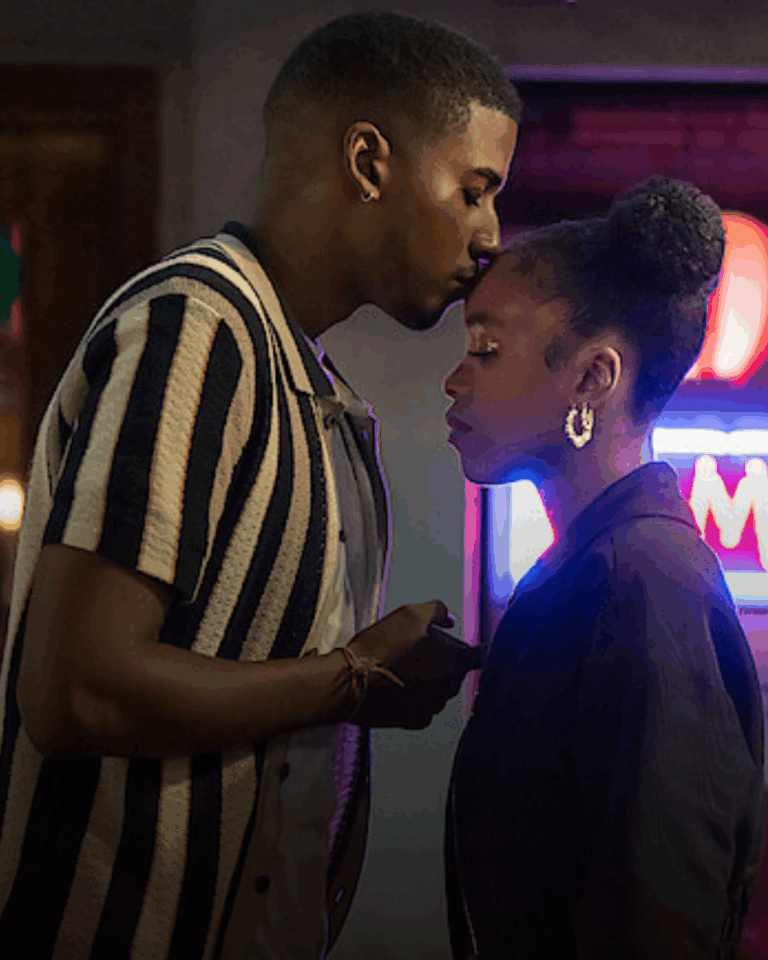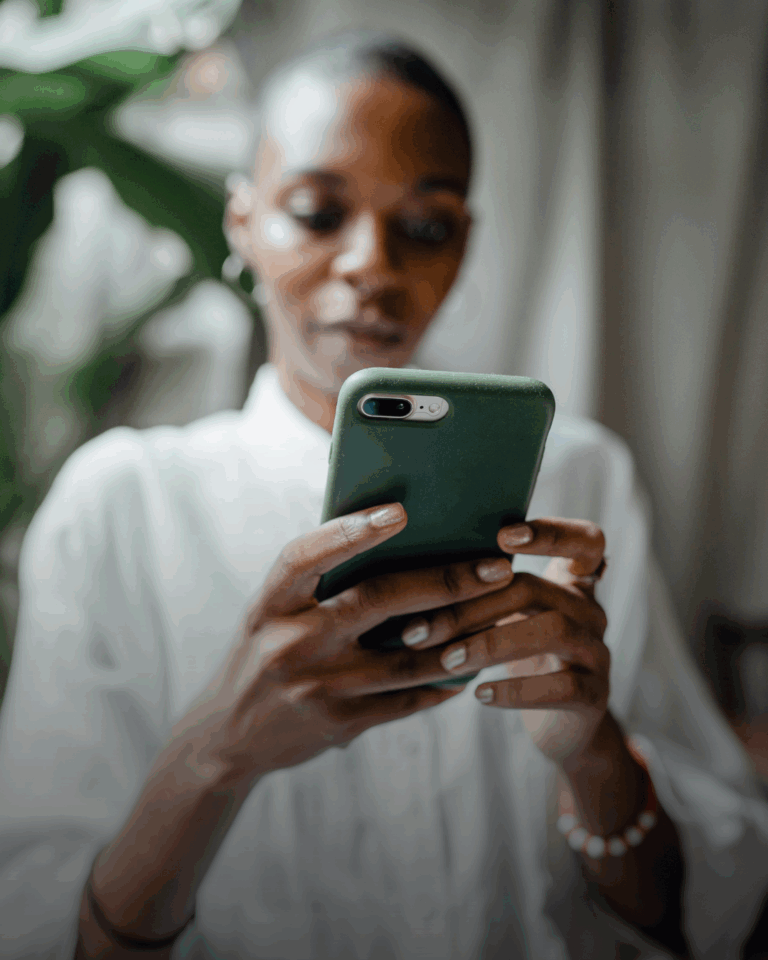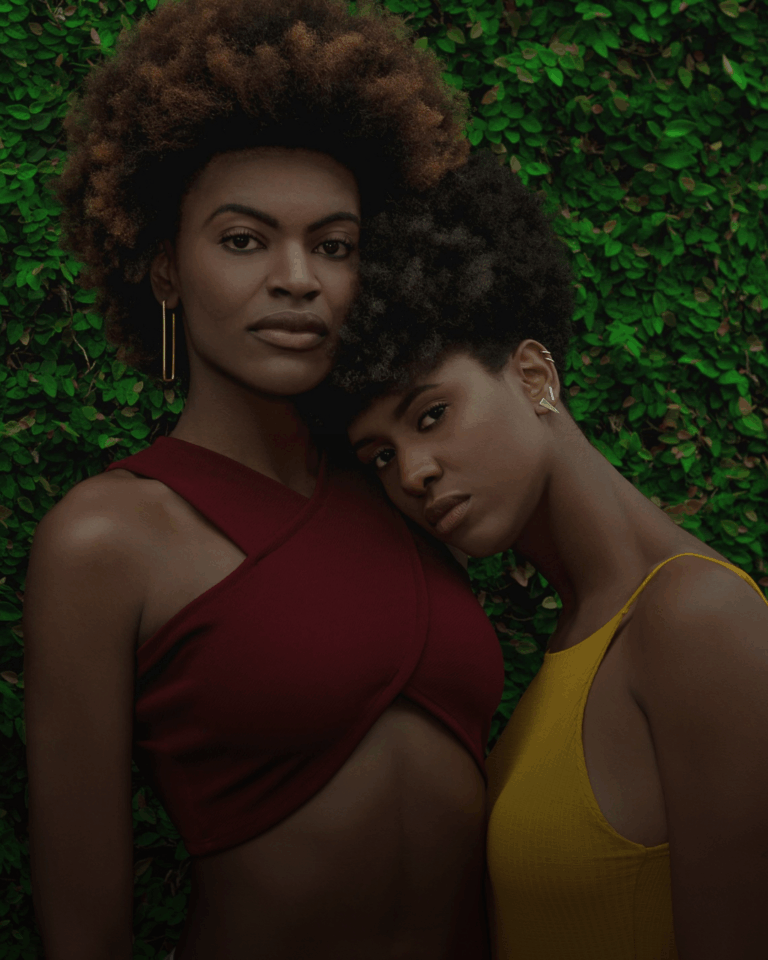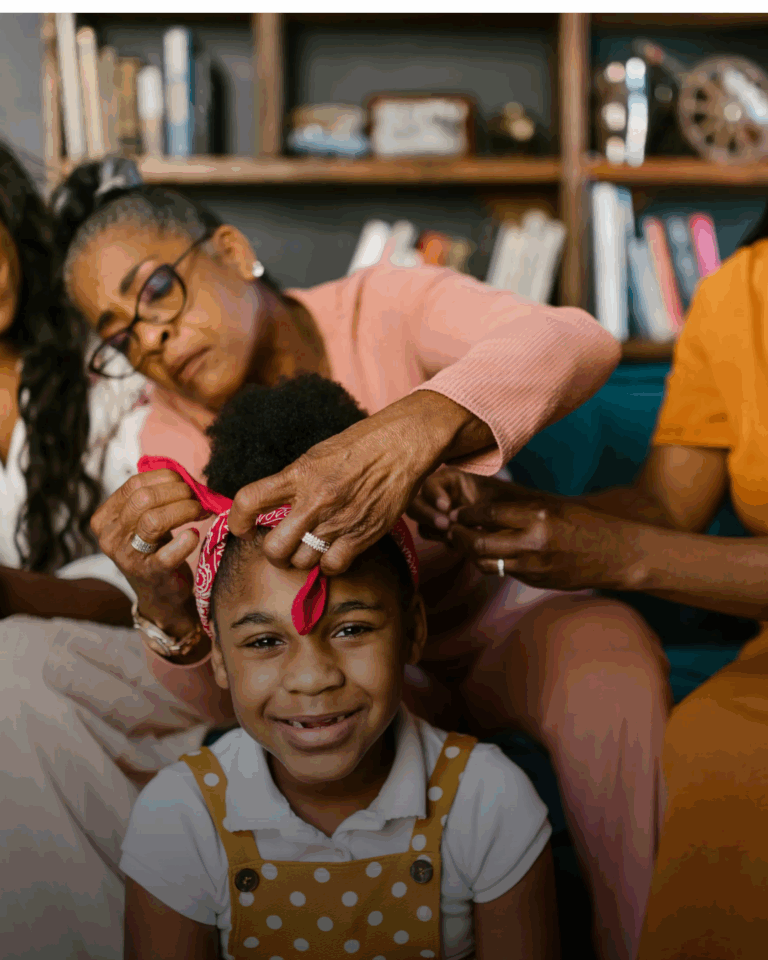When the Music Pauses: Kehlani, EmpowHer, and the Fight to Be Heard Without Harm
When the Music Pauses: Kehlani, EmpowHer, and the Fight to Be Heard Without Harm
It was supposed to be a celebration.
The EmpowHer Music Festival, set for May 10th, had all the makings of a landmark event—a soulful, femme-forward lineup; a chance to reclaim space, joy, and community; a stage for voices that often go unheard. But just days before, an email went out: postponed. “Due to a safety & security matter,” the message read. No details. No artist statements. Just a pause.
But if you’ve been following the headlines, you likely had a hunch.
One of the festival’s headliners, Kehlani, has found herself caught in a cultural firestorm over the past week. Her Central Park performance for NYC’s SummerStage was abruptly canceled after the mayor raised security concerns tied to her recent Instagram post—a post in which she expressed solidarity with Palestinians and affirmed: “I am anti-genocide.” What followed were unsubstantiated allegations of antisemitism, criticism from pro-Israel groups, and a sharp increase in online hostility.
Kehlani has since denied the claims directly. “I said what I said. I am anti-genocide. That is not antisemitic,” she clarified. Yet the damage had already been done. Shows were pulled. Backlash surged. And now, EmpowHer—likely caught in the crosshairs—has gone quiet.
The Weight of Being Political Without Permission
This isn’t new. Artists of color, especially queer and femme voices, have long been scrutinized, silenced, or punished when they dare to speak on issues of justice. But this moment feels different. It feels heavier. Maybe it’s the pace of the news cycle. Maybe it’s the way even the simplest declarations—“I want people to stop dying”—are being twisted into controversy. Or maybe it’s because we’re watching what happens when an artist says something deeply human and is met not with dialogue, but surveillance and censorship.
Kehlani didn’t launch a political campaign. She posted a prayer. She lit a candle. She used her platform to mourn, to rage, to care out loud. And for that, she’s being framed as a threat.
The Pressure to Perform Through Pain
For fans, the canceled shows sting. For organizers, the logistics are a nightmare. But let’s not overlook the toll on the artist.
To be constantly misunderstood, misquoted, and misrepresented—while still being expected to show up, sing, smile, and sell out arenas—is not just unsustainable. It’s inhumane.
And it’s not just Kehlani. It’s a growing list of public figures being pressured to pick a side, retract a stance, or water down their message for the sake of palatability. But for artists rooted in real-life experience, there is no “neutral.” There is no off-switch.
So when Kehlani—and possibly EmpowHer—chose to step back, it wasn’t weakness. It was clarity. Safety isn’t just physical; it’s spiritual, emotional, and creative. And no concert is worth sacrificing that.
A Word to the Community
To those who are hurt, disappointed, or confused: this pause is not the end. It’s a recalibration. It’s a reminder that we deserve to gather in spaces where artists can be honest without fear, and where fans can celebrate without shame.
EmpowHer will return—hopefully with even deeper intention. And Kehlani? She’s still here. Still rooted. Still real.
Until then, we hold space for what was lost and what still needs protecting.
Because real empowerment doesn’t just sound good on a stage. It feels safe in your spirit.
Until next time—stay moody, stay grounded.

